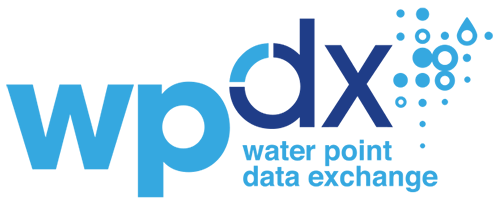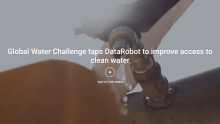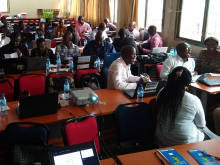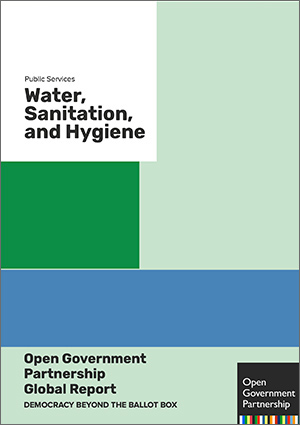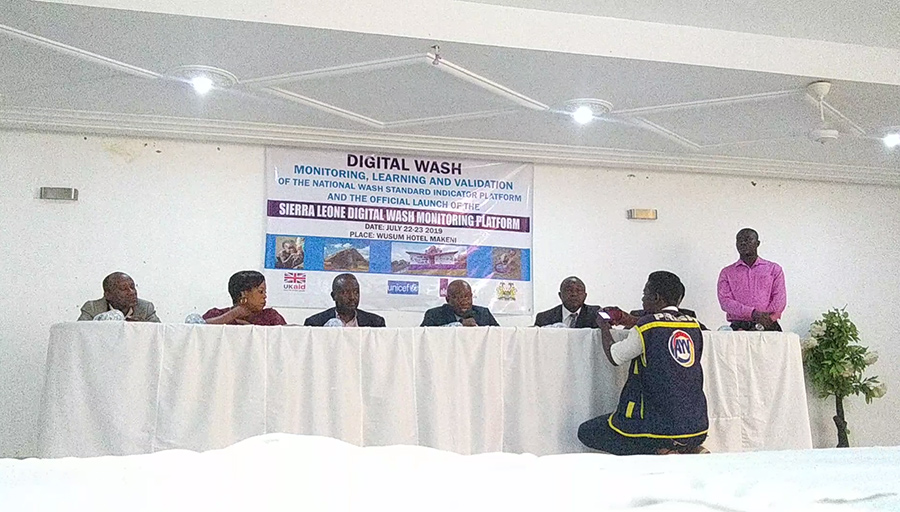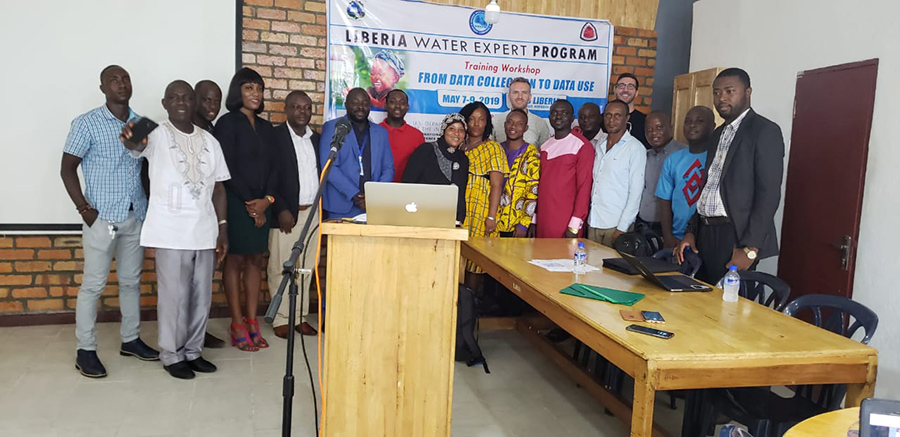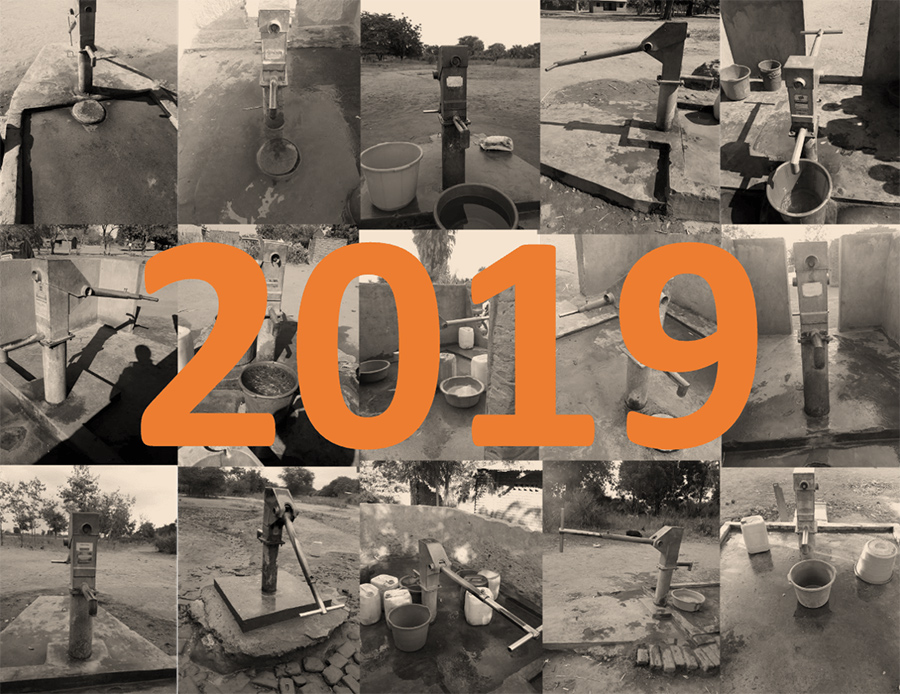Last week, Bobby Whitfield, chairman and CEO of Liberia’s National Water, Sanitation and Hygiene Commission (WASH), appeared at Bloomberg’s TV show, “Commodity-In-Chief” to talk about Liberia’s water crisis. The Western African nation is laying out the roadmap to address the lack of access to clean drinking water and sanitation issues its population faces. The new WASH Commission has established four goals: manage, expand, and sustain services; increase access to environmental, sustainable water, and sanitation services; manage systems and step up monitoring; and improve sector financing.
Mr. Whitfield shared that a critical part of the new commission’s strategy to undertake these objectives and manage the country’s resources better is to collect and report accurate water point data. Additionally, he emphasized the importance of good-quality water point data to effectively execute Liberia’s monitoring and evaluation systems and promote the sustainable development of the republic. “Monitoring and evaluation, as part of the regulatory function, is very important for the government. If we want to measure what is being done by some of the NGOs and partners, or businesses in the sector, it is through a water monitoring and evaluation system that we can get that done,” shared the chairman.
To see the full interview, visit: https://www.bloomberg.com/news/videos/2019-11-08/liberia-lays-out-its-roadmap-to-address-water-crisis-video
